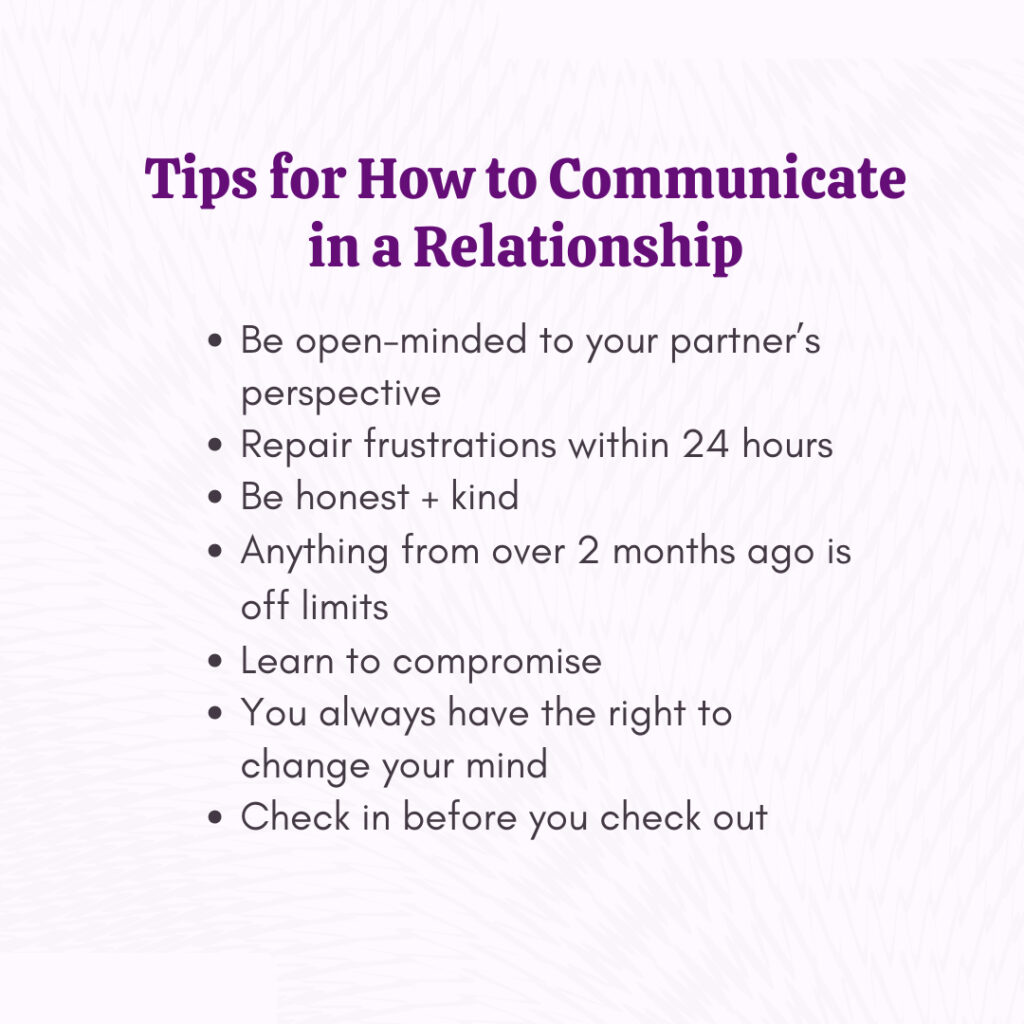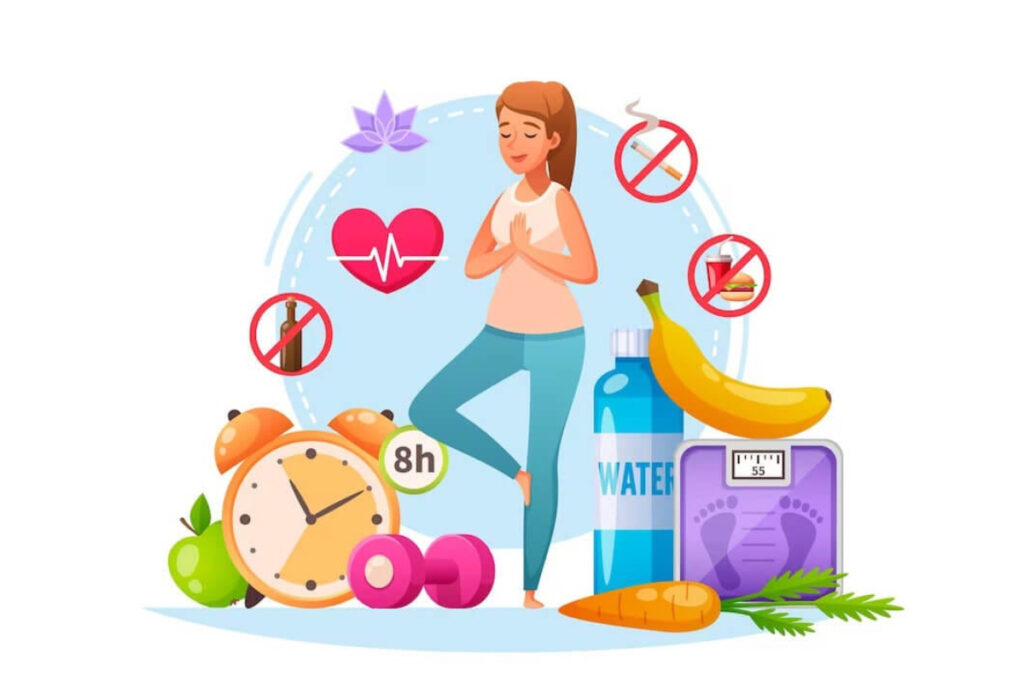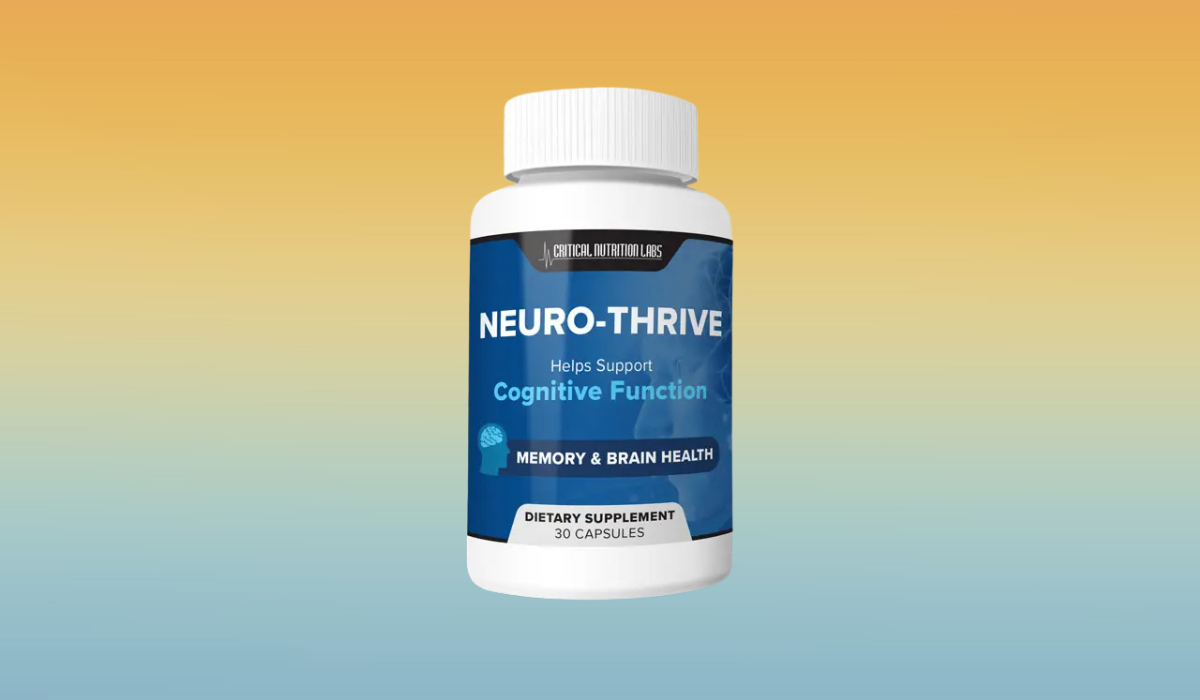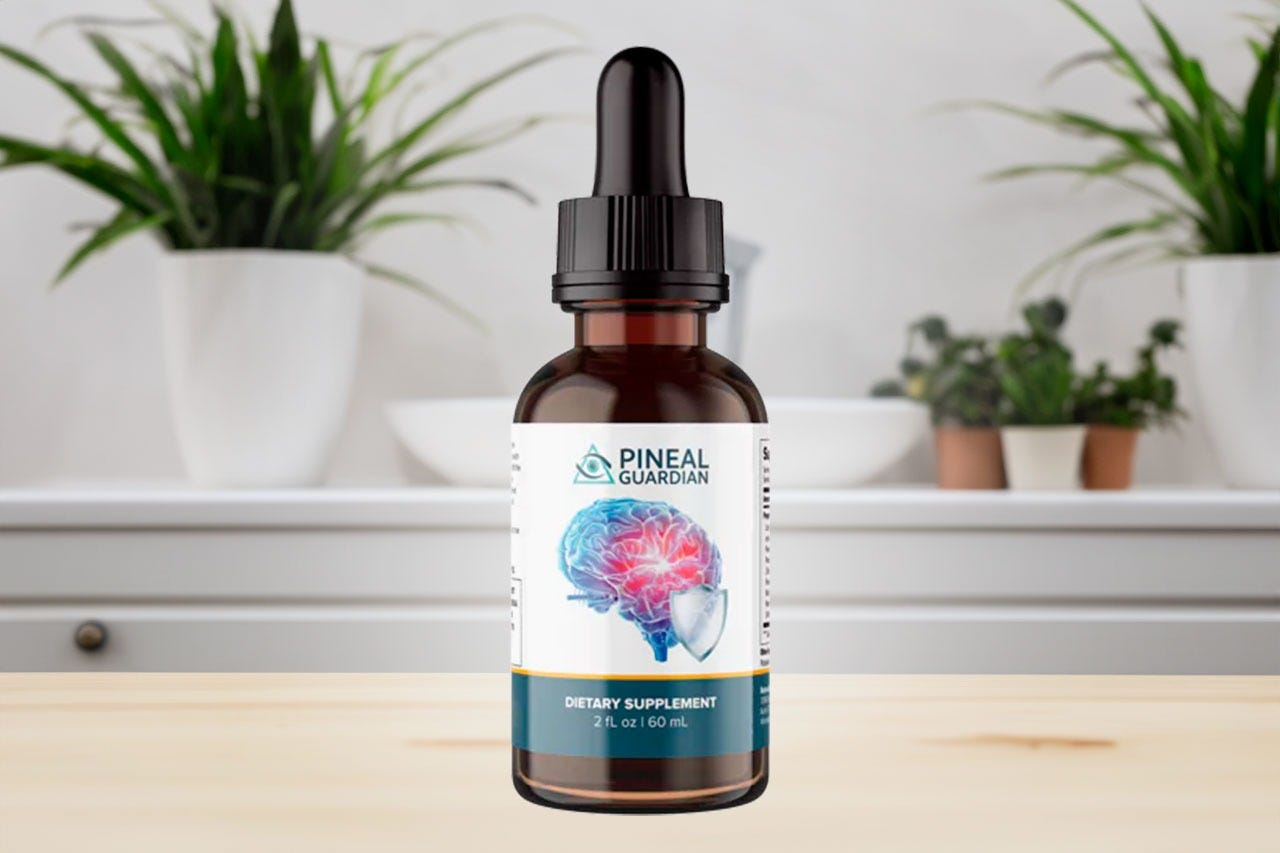
The Best Ways to Improve Communication in Relationships
Effective communication is the cornerstone of healthy relationships. Whether in romantic partnerships, friendships, or family dynamics, the ability to express thoughts, emotions, and needs clearly can strengthen connections and prevent misunderstandings. Poor communication often leads to frustration, emotional distance, and unresolved conflicts. However, by adopting active listening, emotional honesty, and mindful nonverbal cues, individuals can foster deeper understanding and trust.

Understanding the Importance of Communication
Communication serves as the foundation of any relationship. Whether romantic, familial, or platonic, effective communication builds trust, resolves conflicts, and strengthens bonds. Without it, misunderstandings arise, leading to frustration and emotional distance.
Miscommunication often results from differing communication styles, unspoken expectations, or emotional stress. Recognizing these barriers and working to overcome them enhances relational satisfaction and emotional well-being.
Active Listening: The Key to Meaningful Conversations
The Power of Being Present
Active listening goes beyond hearing words; it involves fully engaging with the speaker. Giving undivided attention, maintaining eye contact, and acknowledging emotions foster deeper understanding. When partners feel heard, they are more likely to communicate openly and honestly.
Techniques for Active Listening
- Maintain eye contact to show engagement.
- Paraphrase what was said to confirm understanding.
- Avoid interrupting and allow pauses for thought.
- Use affirmations like nodding or saying, “I see what you mean.”
Expressing Feelings Effectively
The Role of Emotional Honesty
Being open about emotions reduces misunderstandings and strengthens connections. Expressing feelings clearly, without blaming or attacking, creates a safe space for meaningful dialogue.
Using “I” Statements
Using “I” statements instead of “you” accusations prevents defensiveness. Saying “I feel hurt when…” rather than “You always ignore me” keeps the conversation constructive.
Navigating Conflict with Healthy Communication
Staying Calm During Disagreements
Conflict is inevitable, but how it is handled determines relationship quality. Remaining calm and respectful prevents unnecessary escalation.
Effective Conflict Resolution Strategies
- Take breaks when emotions run high.
- Focus on finding solutions rather than winning arguments.
- Validate the other person’s feelings, even if opinions differ.
Nonverbal Communication: The Unspoken Messages
Understanding Body Language
Body language conveys emotions more than words. Paying attention to facial expressions, tone, and gestures enhances communication. Crossed arms, lack of eye contact, or an impatient tone can send unintended messages.
Matching Words with Actions
Consistency between words and actions builds trust. Saying “I care” while showing disinterest creates confusion. Aligning behavior with words fosters emotional security.

Digital Communication and Its Challenges
- Enhancing Digital Communication Clarity: In today’s digital age, much of our communication occurs through text messages and social media. However, tone and intent can often be misunderstood.
- Balancing Screen Time and Real-Life Interactions: Excessive screen time can significantly reduce face-to-face interactions, weakening personal connections. To foster meaningful conversations, setting clear boundaries—such as implementing device-free dinner times—can be highly effective.
Enhancing Emotional Intimacy
Prioritizing Quality Time
Spending quality time together strengthens emotional bonds. Engaging in shared activities that both partners genuinely enjoy fosters a deeper connection and keeps the relationship engaging. Whether it’s a simple walk, a game night, or traveling together, prioritizing intentional time helps maintain emotional intimacy and prevents the relationship from becoming stagnant. Stronger bonds lead to lasting happiness.
The Role of Empathy in Communication
Empathy strengthens relationships by fostering understanding and emotional security. When partners actively listen, validate emotions, and show genuine compassion, they create an environment of mutual respect. Acknowledging each other’s perspectives not only reduces conflicts but also deepens trust. Ultimately, prioritizing empathy enhances emotional intimacy, making the relationship more resilient and fulfilling over time.
Overcoming Communication Barriers
Identifying and Addressing Communication Blocks
Various factors can hinder effective communication, including past traumas, cultural differences, and personal insecurities. However, understanding these barriers is the first step toward overcoming them. By recognizing these challenges, individuals can develop strategies to improve clarity, foster empathy, and build stronger connections. Addressing these obstacles proactively enhances both personal and professional relationships.
Seeking Professional Support
Therapists and counselors play a crucial role in enhancing communication skills, helping individuals express themselves more effectively. Specifically, couples therapy offers valuable tools for fostering a deeper emotional connection and resolving conflicts constructively. By working with a professional, partners can develop healthier communication patterns, strengthen their bond, and navigate challenges with greater understanding.
Love does not claim possession but gives freedom!
-Rabindranath tagore
Conclusion
Improving communication in relationships requires effort, patience, and intentionality. Active listening, emotional honesty, nonverbal awareness, and conflict resolution all contribute to stronger bonds. Digital communication habits and quality time investment further enhance connection. By applying these strategies, relationships become healthier, more fulfilling, and resilient in the face of challenges.






